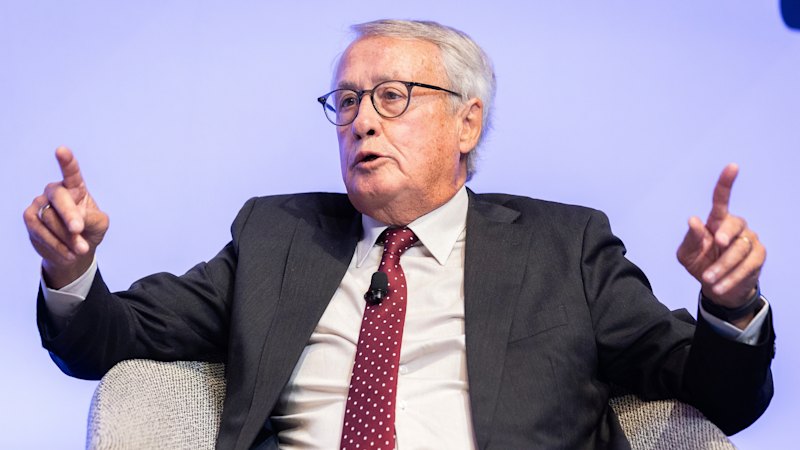
Cbus chairman Wayne Swan has publicly endorsed the Australian Prudential Regulation Authority’s (APRA) initiative to reform governance standards in the superannuation sector. His support comes in light of a contentious proposal aimed at enhancing the qualifications and accountability of boards overseeing retirement funds.
Swan, who holds significant influence as both the head of one of Australia’s largest superannuation funds and a former federal treasurer, emphasized the necessity for boards to reflect a diverse range of experiences. He stated, “As the challenges mount, funds must think clearly about having a diverse range of experiences on the board.” This perspective echoes a broader consensus within the sector regarding the need for improved governance and risk management practices.
APRA’s Reform Proposals and Industry Response
APRA has been advocating for enhanced safeguards for superannuation members, particularly as many approach retirement and require more nuanced investment advice. Earlier this year, the regulator introduced the idea of a 10-year limit on the tenure of directors across banks, insurers, and superannuation funds. This proposal included a mandate for APRA to be consulted on the appointment of new directors, effectively granting the authority a veto power.
In a recent update, APRA adapted its proposals, allowing for term limits of up to 12 years with exceptions, and retracting the requirement for mandatory consultation on all new board appointees. Despite these adjustments, APRA’s deputy chairwoman, Margaret Cole, assured stakeholders that the agency remains committed to strengthening governance standards in the sector.
Swan, whose organization manages over $100 billion in retirement assets, highlighted the importance of union representation on boards. He argued that unions should have the authority to appoint directors due to their connections with members. “There are plenty of union members who are qualified across a range of disciplines; you can’t say because they are union, they do not have the skills,” he said.
Critics have pointed to the long-standing model of equal representation between employer groups and unions in industry super funds as a potential hindrance to governance standards. This issue has gained traction particularly in the context of Cbus, which has faced scrutiny over its ties to the CFMEU and allegations related to governance issues.
The Road Ahead for Cbus and Superannuation Governance
While the regulatory changes signal a shift in governance expectations, Swan noted that the existing model should evolve rather than be overhauled entirely. He expressed confidence in the industry fund returns, indicating that the current structure has its merits, even as it requires adaptation.
Cbus has faced challenges beyond governance, including a recent investigation into its handling of death benefit claims. The fund admitted it had been slow to address failures in this area and has agreed to pay a $23.5 million penalty to resolve these claims.
In light of these developments, Swan refrained from addressing specific questions about ongoing investigations but maintained that the focus should remain on appointing directors with the necessary skills. He reiterated the importance of evaluating the collective capabilities of board members, encompassing both employer representatives and union officials.
The superannuation sector is at a crucial juncture, with regulatory bodies like APRA pushing for reforms aimed at protecting members’ interests. Swan’s endorsement of these changes underscores a collective recognition of the need for enhanced governance, setting the stage for a more robust and accountable superannuation framework in Australia.






